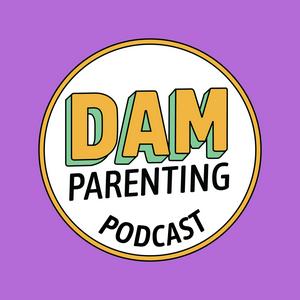Children’s mental health is often talked about only when something is “wrong.” But what if mental health isn’t a problem to fix — and instead something we’re supporting every single day through relationships, routines, and emotional safety?
In this episode of DAM Parenting, resident child psychologist Dr Faye Poole offers a grounded, evidence-based perspective on children’s mental health — without fear-mongering, labels, or generic advice.
We explore:
• What children’s mental health actually means
• How emotional wellbeing affects learning, relationships, and physical health
• Why connection is the strongest protective factor
• What stress does to children’s bodies (and how we buffer it)
• Simple, research-backed ways parents can support emotional wellbeing at home
This episode is especially for parents raising children abroad, navigating systems, transitions, and invisible pressure — and wondering if they’re doing “enough.”
This is not about perfect parenting. It’s about safe, secure, human parenting.
Listen with presence. Take what helps. Leave the rest.
WHERE TO GET EXTRA HELP
For parents needing additional support, these are appropriate first steps:
• Huisarts (GP) – always the first point of contact; can refer to specialist services
• OKT (Ouder- en Kindteam) – parenting support, emotional wellbeing, development concerns
• CJG (Centrum voor Jeugd en Gezin) – preventive child and family support
• School Zorgcoördinator / IB’er – for school-based concerns
• Youth Health Care (JGZ) – monitoring development, wellbeing, family support for children (0-18), with services often divided by region. General contact is usually via phone or email for appointments and questions, operating Monday-Friday, 8:30-17:00.
If a child is in immediate emotional distress, parents should always contact their Huisarts (GP) or emergency services.


